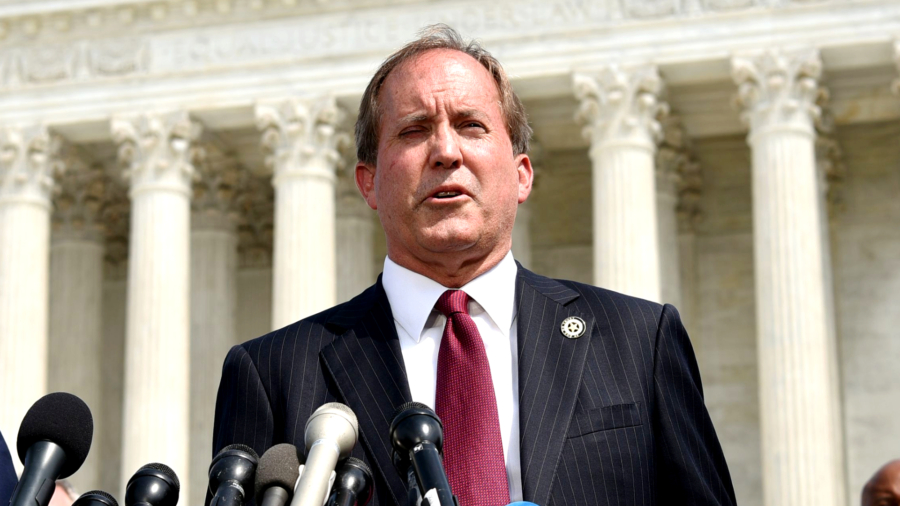Texas Attorney General Ken Paxton announced in a letter addressed to religious private schools that they are exempt from the regular opening procedures regarding the COVID-19 pandemic.
“As protected by the First Amendment and Texas law, religious private schools may continue to determine when it is safe for their communities to resume in-person instruction free from any government mandate or interference,” Paxton said in the letter dated July 17. “Religious private schools therefore need not comply with local public health orders to the contrary.”
The attorney general cited the First Amendment of the U.S. Constitution and article I, section 6 of the Texas Constitution, the Texas Religious Freedom Restoration Act (RFRA), which “prohibits the government from ‘substantially burden[ing]; the free exercise of religion, which includes the ability of faith communities to educate their youth, unless it can demonstrate a compelling interest for the restriction and prove it applies in the least restrictive way.”
To subject religious communities and institutions to the same regulations as that of secular communities is unconstitutional and nonstatutory, Paxton said.
He also pointed to Texas Gov. Greg Abbott, who deemed religious services essential, meaning they may remain open during the COVID-19 pandemic. Abbott, a Republican, also exempted religious services from a state-wide mask mandate and exempted private schools and institutions from orders applicable to public schools.
“Local governments are prohibited from closing religious institutions or dictating mitigation strategies to those institutions,” Paxton added. This is in part due to local government’s recently seeking to implement restrictive orders on face-to-face instruction in schools, and Paxton’s letter acts as a guide to clarify the issue.
He added that local governments’ orders must be consistent with that of the governor’s or that of the attorney general’s, and if the former contradicts the latter, the governor’s orders will override that of the local government’s.
“Local governments are similarly prohibited from issuing blanket orders closing religious private schools. Because a local order closing a religious private school or institution is inconsistent with the Governor’s order, any local order is invalid to the extent it purports to do so,” Paxton wrote.
“The First Amendment protects the right of religious institutions ‘to decide for themselves, free from state interference, matters of church government as well as those of faith and doctrine,” he reiterated.
“As protected by the First Amendment and Texas law, religious schools may continue to determine when it is safe for their communities to resume in-person instruction free from any government mandate or interference. Religious private schools therefore need not comply with local public health orders to the contrary,” he said.

